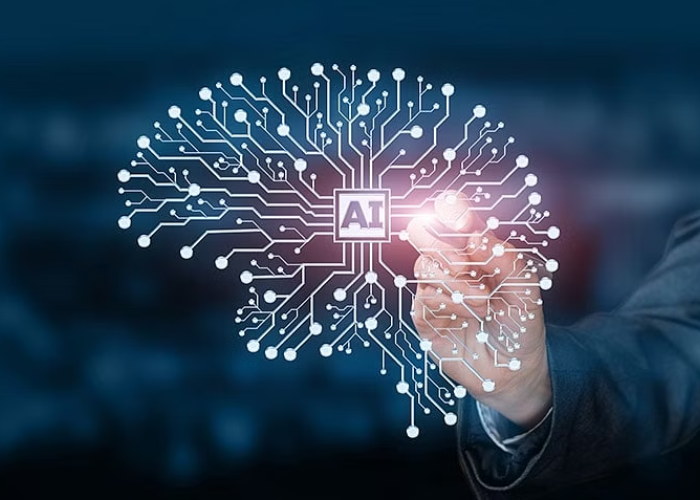Artificial Intelligence (AI) has been a hot topic of conversation for decades now, and it is an ever-evolving field with no end in sight. In the past, AI had the potential to be a game-changing technology, but it has since become a major part of our everyday lives. Artificial Intelligence is now being used in everything from video games to self-driving cars and even in healthcare, and its potential applications are becoming increasingly impressive. We will explore what AI is, its current applications, and its ethical implications, as well as its future potential.
What is Artificial Intelligence?
First and foremost, it is important to understand what AI is and how it works. Artificial Intelligence is a branch of computer science that focuses on creating computer systems that are able to think and act as humans do. AI systems are designed to use algorithms to analyze data, identify patterns, and make decisions based on that data. This data can be anything from text, images, and videos, to more complex data such as speech or facial expressions.
Applications of Artificial Intelligence
AI is being used for a variety of different applications, with the most popular being in the fields of gaming, healthcare, and robotics. In the gaming industry, AI is used to create more realistic and immersive experiences for players, with AI-driven characters able to respond to player actions and make decisions based on their environment. In healthcare, AI is being used to assist in diagnosing illnesses and providing personalized treatments. AI-driven robots are being used in manufacturing, providing precision and accuracy that humans are unable to achieve. AI is also being used to improve transportation, with self-driving cars and other vehicles being developed to make roads and highways safer
Ethical Implications of Artificial Intelligence
As with any technology, there are ethical implications that come along with the use of AI. This includes issues such as privacy, safety, and autonomy. AI systems are able to collect data on people, and this data can be used for a variety of purposes. This raises concerns about who has access to this data and how it is being used. Additionally, AI systems are increasingly becoming autonomous, meaning that they can act without human intervention. This raises questions about who is responsible for any potential mistakes or accidents that occur.
The Future of Artificial Intelligence
AI is a rapidly evolving field, and its potential applications are far-reaching. In the future, AI is expected to be used in a variety of different industries, from finance and education to retail and entertainment. Additionally, AI is expected to become increasingly autonomous, with the potential for AI-driven robots to become part of our everyday lives. AI is also expected to help us solve some of the world’s most pressing problems, such as climate change and poverty.
Conclusion
AI is a rapidly evolving field with no end in sight. Its current applications are already impressive, and its potential applications are far-reaching. AI is being used in a variety of different industries and is expected to help us solve some of the world’s most pressing problems. However, with any technology, there are ethical implications that come along with its use. It is important to consider these implications as AI continues to evolve.

